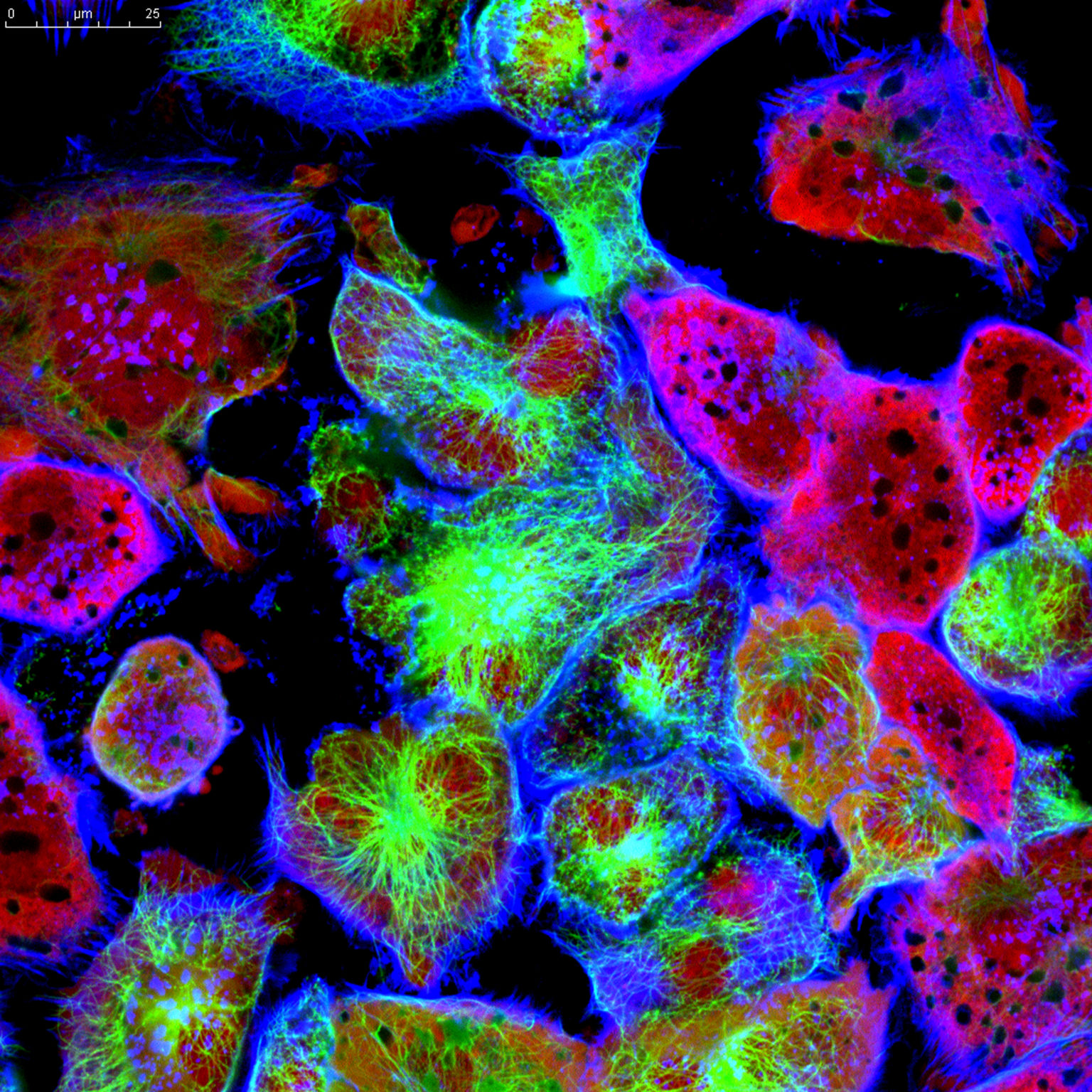This CHEST guideline reviews primary treatment options for stage I to II non–small cell lung cancer (NSCLC) using a systematic review of 578 studies. It applies the GRADE methodology to rate evidence and recommendations and uses a modified Delphi process to reach consensus. The panel produced 17 recommendations spanning surgery, radiation, and systemic therapy.
For average/low operative-risk stage I NSCLC, surgical resection remains the preferred treatment, with minimally invasive approaches favored over thoracotomy. A meta-analysis associates minimally invasive surgery with better overall survival. For peripheral tumors ≤2 cm, sublobar resection offers overall survival equivalent to lobectomy. Systematic intraoperative mediastinal and hilar lymph node sampling/dissection is important for stage I to II operations. Adjuvant therapy improves outcomes in select groups: chemotherapy plus checkpoint inhibitors for resected stage II (and ≥4 cm node-negative) tumors, and targeted therapy for resected stage IB (≥3 cm) and II EGFR-mutant cancers. For patients unsuitable for surgery, stereotactic body radiotherapy is the preferred approach in stage I disease. The guideline also emphasizes multidisciplinary evaluation and shared decision-making to align treatment with tumor features, comorbidities, and patient preferences.
Reference: Howington J, Souter LH, Arenberg D, et al. Management of Patients With Early-Stage Non-Small Cell Lung Cancer: An American College of Chest Physicians Clinical Practice Guideline. Chest. 2025;168(3):810-827. doi: 10.1016/j.chest.2025.06.023.
Link: https://journal.chestnet.org/article/S0012-3692(25)00737-8/fulltext








